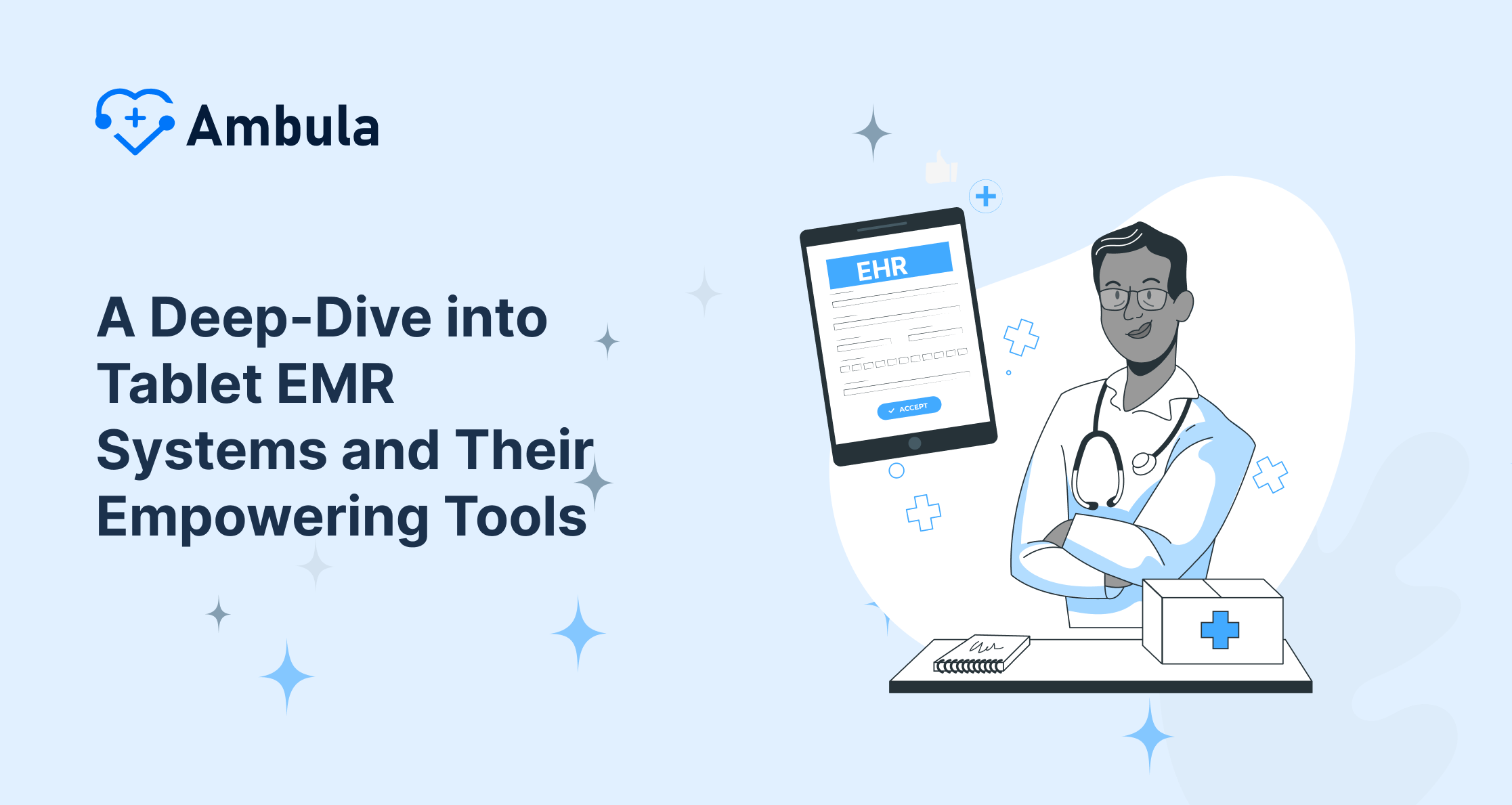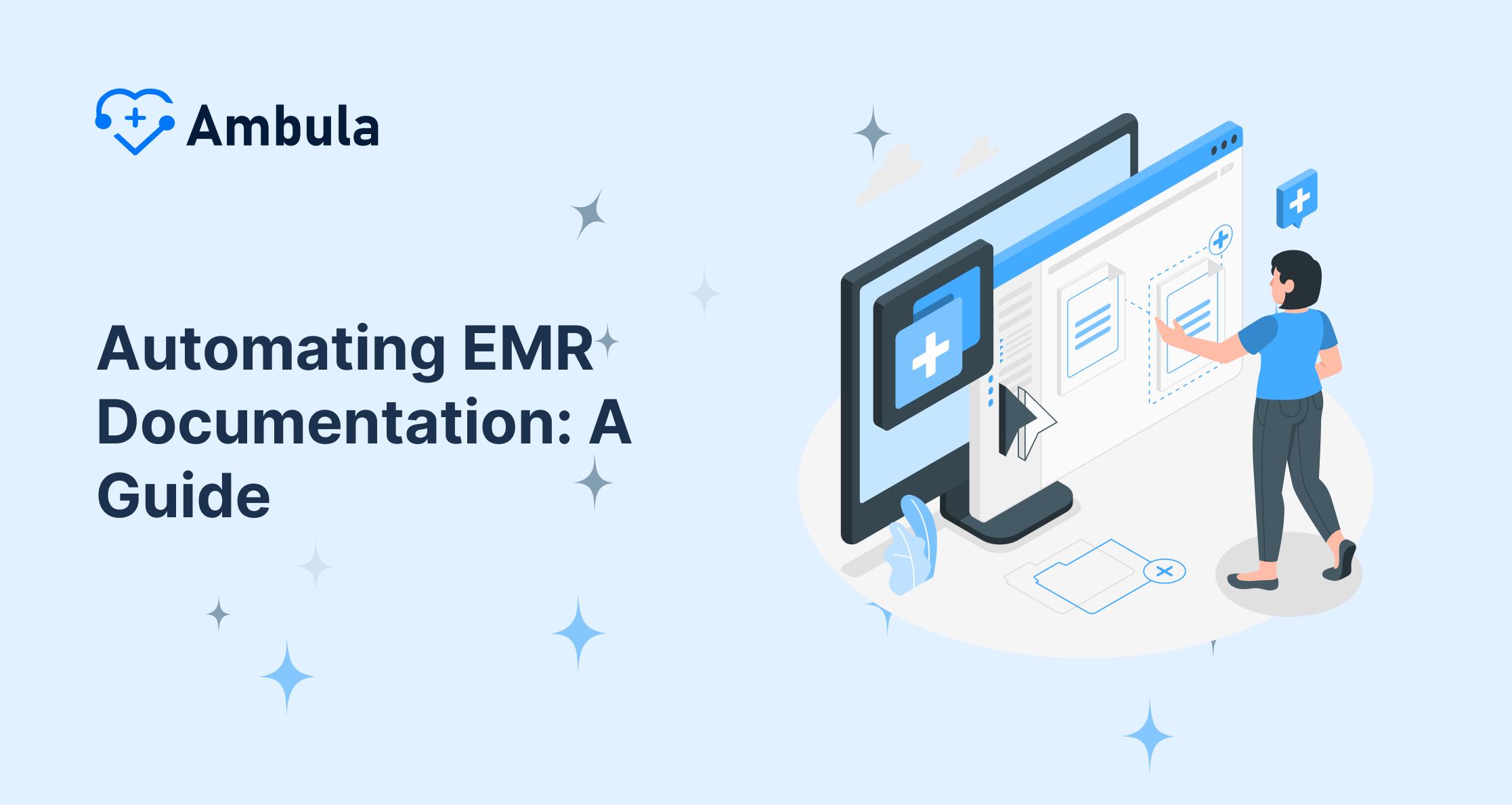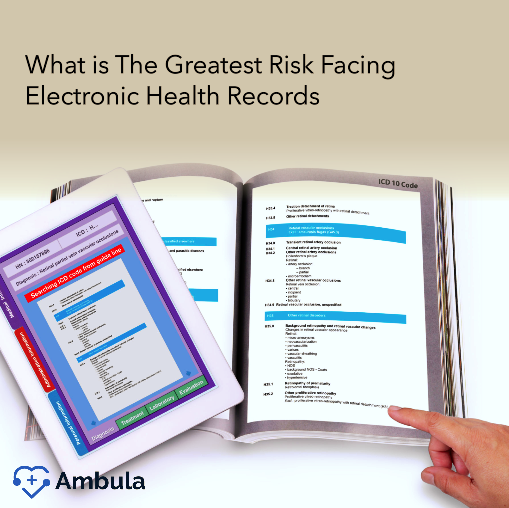
Electronic Health Records (EHRs) are an excellent way for hospitals to keep track of patient records and manage information quickly and easily. The advantages of implementing an EHR system in a hospital are numerous. Firstly, an EHR system can significantly reduce administrative costs, eliminating the need for paper-based record-keeping. Secondly, information is easily accessible and can be shared quickly among healthcare professionals, providing better patient care. Thirdly, EHRs allow for better patient safety, providing a secure method to store and access patient data. Additionally, EHRs enable better communication between healthcare providers, reducing the risk of delays and errors in care. Finally, EHRs provide improved data analysis capabilities, allowing hospitals to identify trends and make better-informed decisions.
How will hospitals benefit most from an EHR?
Hospitals will benefit most from an EHR by having a single source of truth for patient data, streamlining administrative processes, improving communication between healthcare providers and patients, and reducing medical errors. Additionally, an EHR provides improved analytics, reporting, and population health management capabilities. Finally, an EHR can help improve patient safety by providing a better view of a patient’s medical history and potential drug interactions and enabling more precise and timely care decisions.
How can EHR improve patient care in hospitals?
Electronic Health Records (EHR) can drastically improve hospital patient care by providing a comprehensive and secure patient data record that healthcare providers can access quickly. With EHR, doctors and nurses can access a patient’s complete health history in real time, including medications, lab results, allergies, and other relevant information. This allows for more accurate diagnoses, better medication management, and improved communication between healthcare providers. Additionally, EHR can help reduce medical errors and decrease paperwork, freeing up more time for providers to focus on patient care. All of these factors help enhance patient satisfaction and improve the quality of care in hospitals.
Optimization of hospital ehr systems is necessary to:
- Improve patient safety by minimizing errors, such as drug interactions and incorrect dosages.
- Increase efficiency by automating tasks like data entry and lab result tracking.
- Enhance data security by using strong authentication and encryption.
- Increase accessibility of patient information to authorized personnel.
- Improve patient engagement and satisfaction by providing easy access to health records, scheduling, and more.
- Increase overall cost savings by reducing paperwork and manual labor.
- Improve communication between care providers, patients, and the wider healthcare community.
- Provide better analytical and reporting capabilities to identify trends and opportunities for improvement.
Cost of implementing ehr in hospital
The cost of implementing Electronic Health Records (EHR) in hospitals can vary widely depending on the hospital’s size, complexity, and IT infrastructure. Generally, the costs associated with implementing an EHR system include hardware, software, maintenance, training, and consulting. Depending on the size of the hospital and the number of departments in which the EHR system must be implemented, the costs can range from tens of thousands to millions of dollars. Additionally, the ongoing costs of maintaining an EHR system can be pretty high, including ongoing maintenance, upgrades, and data storage costs.
Why all hospital employees should receive training on the EHR?
All hospital employees should receive training on the implemented EHR to help ensure they can effectively use the system. Training helps ensure that all staff members understand how to use the program, and it helps familiarize them with the layout and functionality of the system. This knowledge is critical for the proper and efficient use of the EHR and for helping reduce errors and maximize patient safety. Additionally, training helps ensure that all hospital employees are on the same page and have the exact knowledge about the system, allowing for smoother transitions and improved communication.
Conclusion
In conclusion, Electronic Health Records (EHRs) provide an excellent opportunity for hospitals to improve patient care, reduce medical errors, and increase efficiency. Implementing an effective EHR system requires careful planning, detailed cost analysis, and comprehensive training for hospital employees. With the right approach and the proper resources, hospitals can successfully implement an EHR system that will enable them to provide better patient care while saving time and money.




